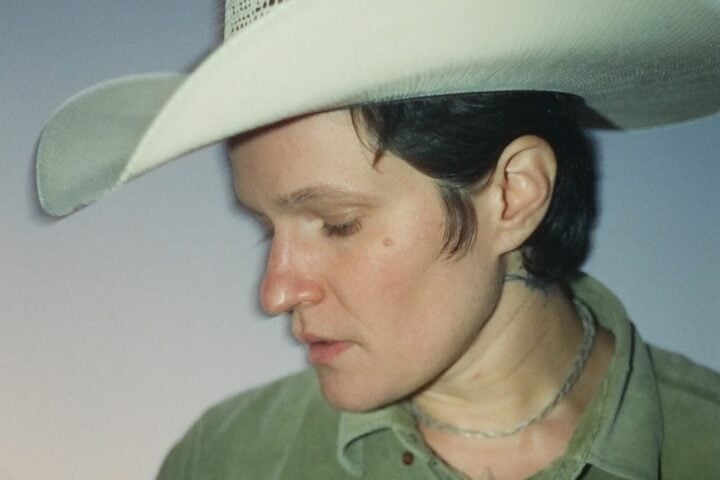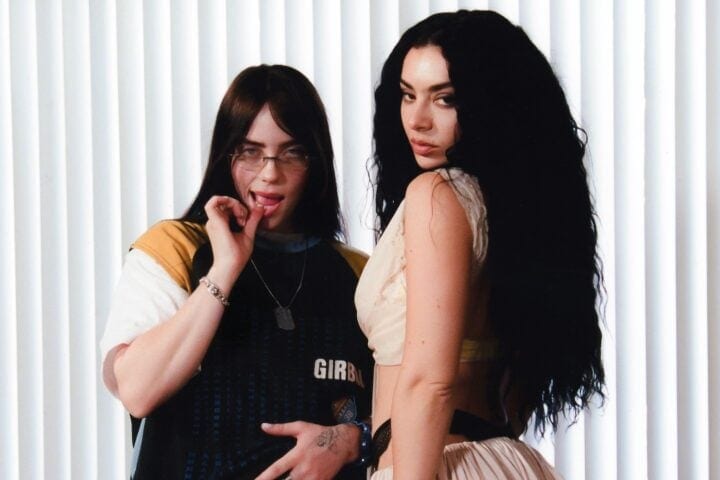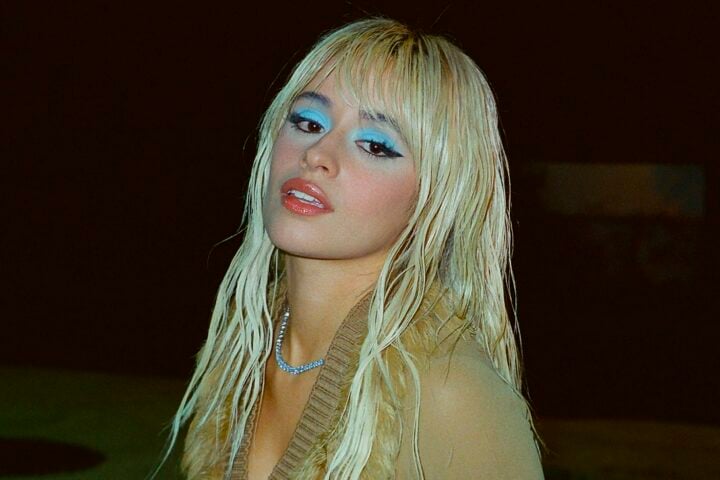Seemingly ever-dwindling attention spans have given commentators anxiety that people simply won’t care to engage with albums anymore. But time and again, artists have proved that they’re still committed to using the format to communicate a Big Idea, make a creative pivot, or announce a new chapter in their career. The album is still the most coherent way for us to understand where music culture is in any particular moment.
Indeed, as you can see from this list, pop music has gone country. Not only do the Billboard receipts and Beyoncé’s sprawling Cowboy Carter bear this out, there are copious twangs, pedal steel weeps, and pastoral narratives infecting indie music too (see Jessica Pratt’s Here in the Pitch and Waxahatchee’s Tigers Blood).
Beyond the country craze and several major returns to form from long-absent or fallow major talents (Beth Gibbons, St. Vincent, Chief Keef), our list is marked by a dystopian air. Charli XCX’s surprise hit Brat functions as a kind of post-human bacchanal for our scorched-earth moment; Tuareg guitar whiz Mdou Moctar held a funeral for justice; and Arooj Aftab’s Night Reign plays like one last ritualistic ceremony held before we all dissolve into dust. In short, even when the AI takes over, the LP factories will still be churning out product. Charles Lyons-Burt
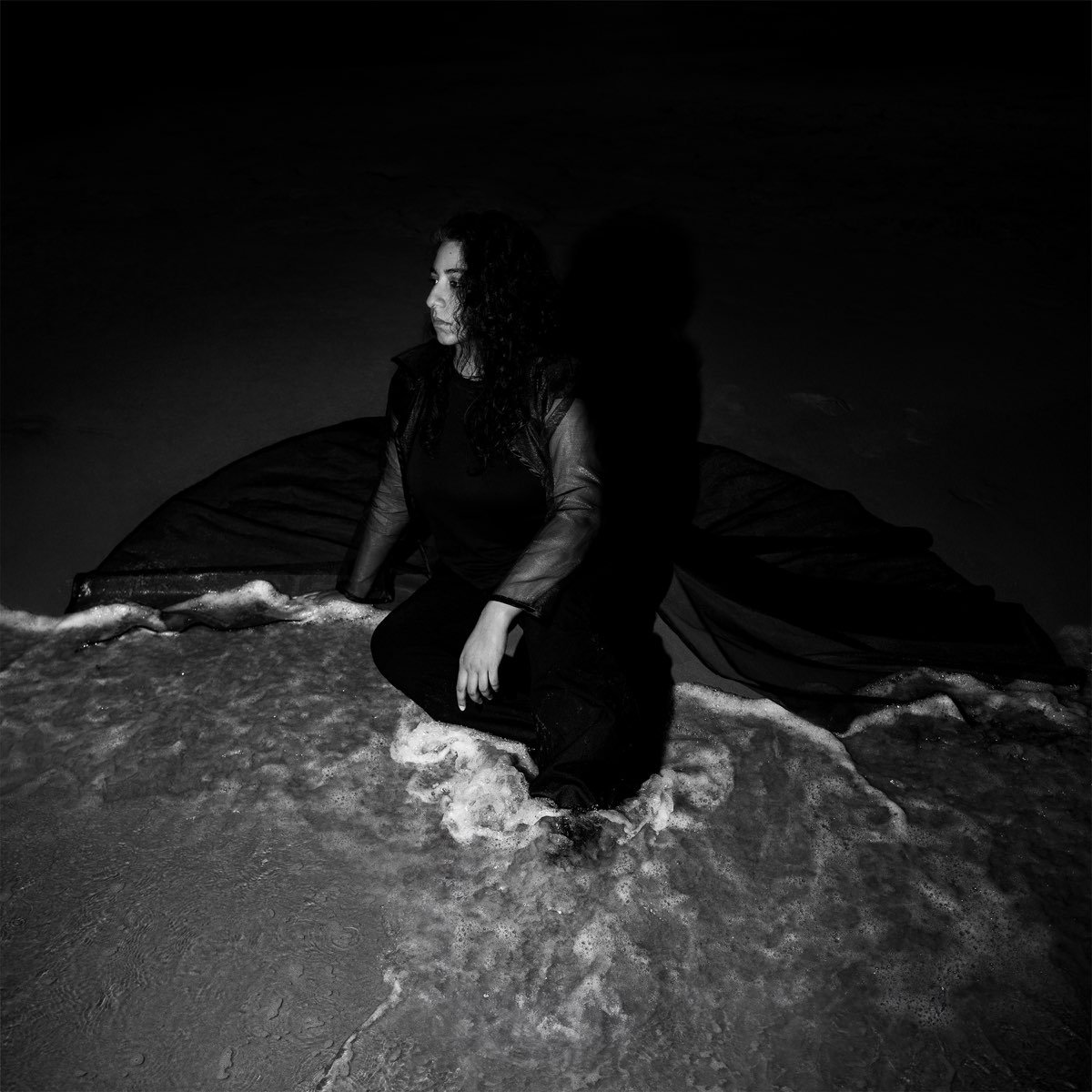
Arooj Aftab, Night Reign
On her fourth studio album, Night Reign, Pakistani-American singer-songwriter Arooj Aftab embraces all of her influences: South Asian poetry (“Bolo Na”) and folk traditions (“Aey Nehin”) along with American jazz (a cover of “Autumn Leaves”) and R&B (“Last Night”). Slowly unfurling over five to seven minutes apiece, the nine songs that comprise the album feature minimal arrangements, with harp and piano foregrounded alongside occasional percussion and, most notably, Aftab’s supple voice. The album, in which the night becomes a character all its own, details a woman’s nocturnal adventures, and the ecstasy of her experiences are conveyed with a relaxed sensuality reminiscent of Sade. Steve Erickson

Beyoncé, Cowboy Carter
Beyoncé’s Cowboy Carter is a landmark provocation that dares the country music establishment to look itself in the eye. Every choice the singer and her collaborators make on the album betrays a deep understanding of the genre’s past and present forms and how she’s uniquely capable of incorporating that genre know-how into her own unique artistic vision. Even when the production doesn’t sound overtly country, important genre signifiers or narrative tropes lay the foundation for the songwriting. As text, Cowboy Carter is instructive and essential. As popular music, it’s no less successful. “Daughter” and “Spaghettii” capture Beyoncé’s generational talent as a performer as brilliantly as anything she’s ever committed to record. The shorter interstitials (“My Rose,” “Flamenco,” “Desert Eagle”) could have been edited for concision and coherence, but the album’s sprawl speaks to Beyoncé’s ambition and willingness to get messy. Jonathan Keefe
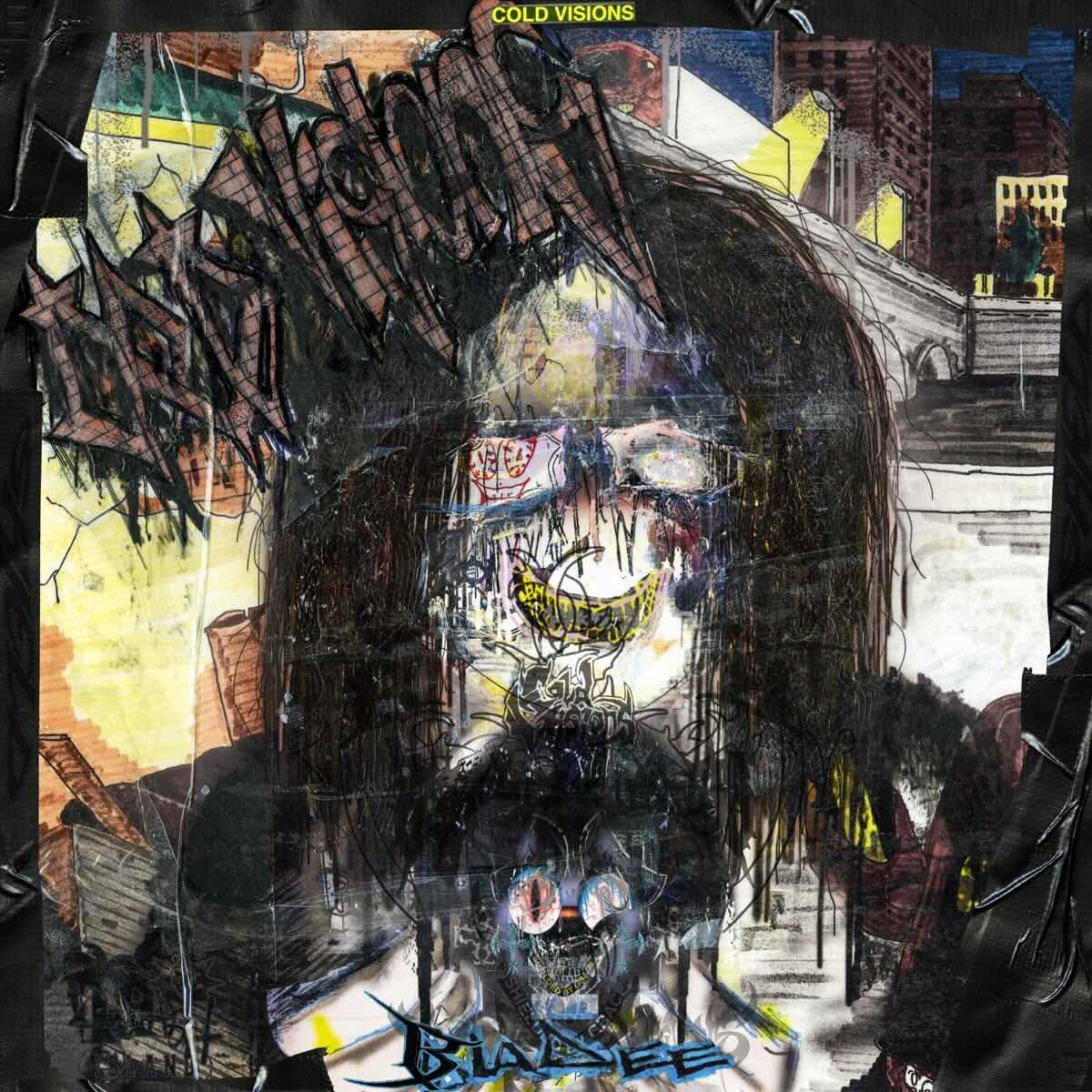
Bladee, Cold Visions
Known for his docile, almost mild-mannered flow and disposition, Swedish rapper-singer Bladee deepens his sound with the multifaceted Cold Visions. While his delicate emotions and sweetness are still on display on tracks like “Flatline,” his work has never sounded so paranoid, dark, and dangerous. F1lthy, one of the key architects of Playboi Carti’s similarly hard-edged and DIY-feigning Whole Lotta Red, produced the majority of the album, rendering it unsettling and chaotic but still propulsive and strangely accessible. At one point on “Red Cross,” Bladee says it’s “9 p.m. in the morning,” and it perfectly describes the eerily inside-out, day-for-night atmosphere that Cold Visions summons. Lyons-Burt
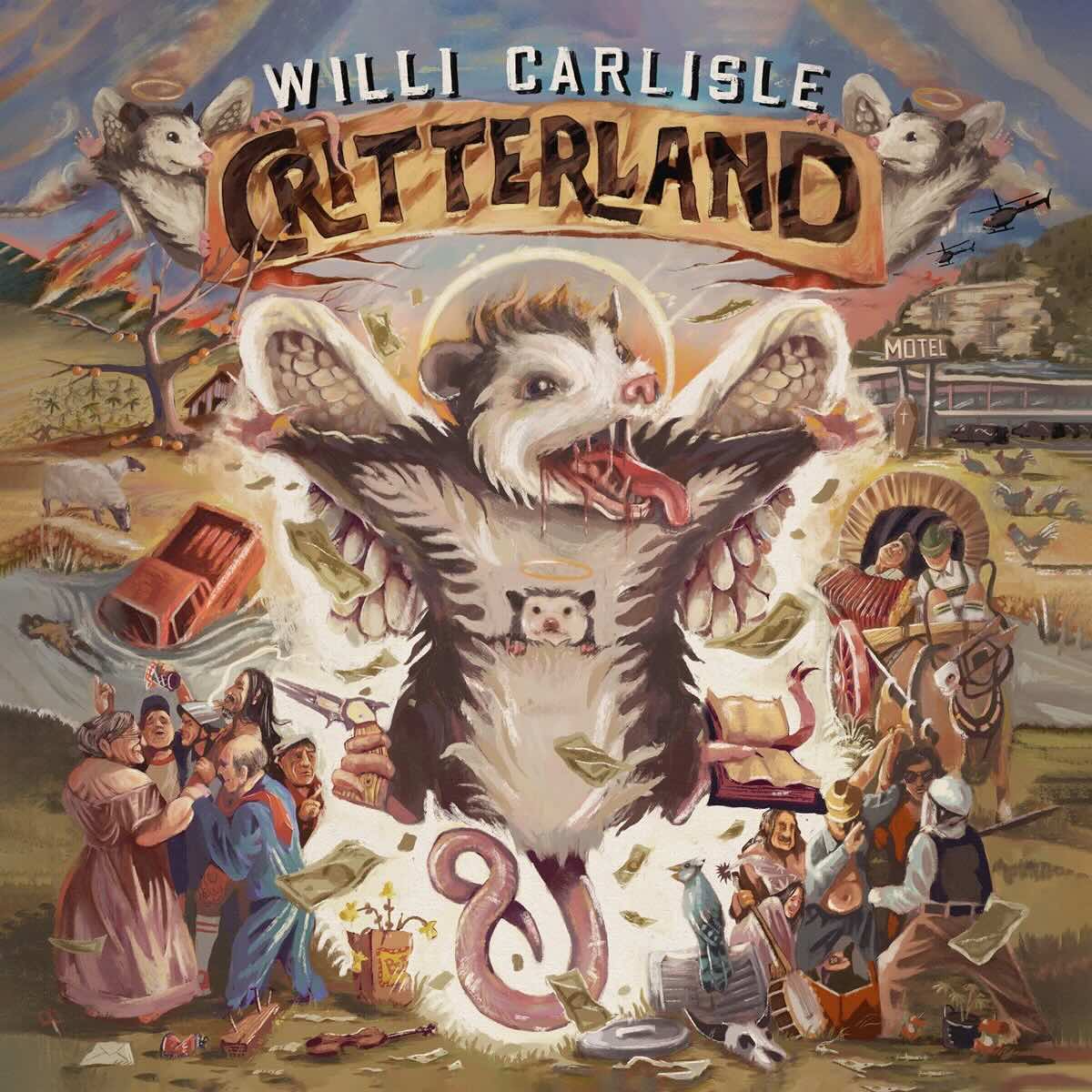
Willi Carlisle, Critterland
On Critterland, Willi Carlisle finds silver linings in life’s bleakest moments, while at others he discovers that rock bottom has a basement. Underpinning it all is an unwavering commitment to living authentically. On “The Arrangements,” the singer looks grief in the eye, refusing to shy away from its contradictions and unwelcome realizations. Reflecting on his father’s passing, the most conciliatory message he can offer is, “It’s still sad when bad men die.” His delivery ranges from a traditional folk style of singing to near-rapping; at times he delivers his words with the careful precision of a poet, while at others he booms like a fire-and-brimstone-style pastor. Challenging, startling, and deeply powerful, Critterland is a worthy addition to the canon of country-folk classics. Tom Williams

Charli XCX, Brat
Charli XCX’s Brat splits the difference between the stay-at-home hyperpop of 2020’s insular How I’m Feeling Now and the more radio-friendly dance-pop of 2022’s Crash, and the result is one of the most relentlessly infectious rave-ups since Katy B’s On a Mission. The beats and vocals throughout are sliced and diced into unrecognizable shapes and sounds, and the lyrics are likewise bold, bright, and in-your-face. But while the album is undeniably bratty and brash, it’s also frequently vulnerable. Charli’s carefully curated braggadociousness betrays a profound insecurity and need for, alternately and perhaps paradoxically, larger fame and a simpler life. Sal Cinquemani
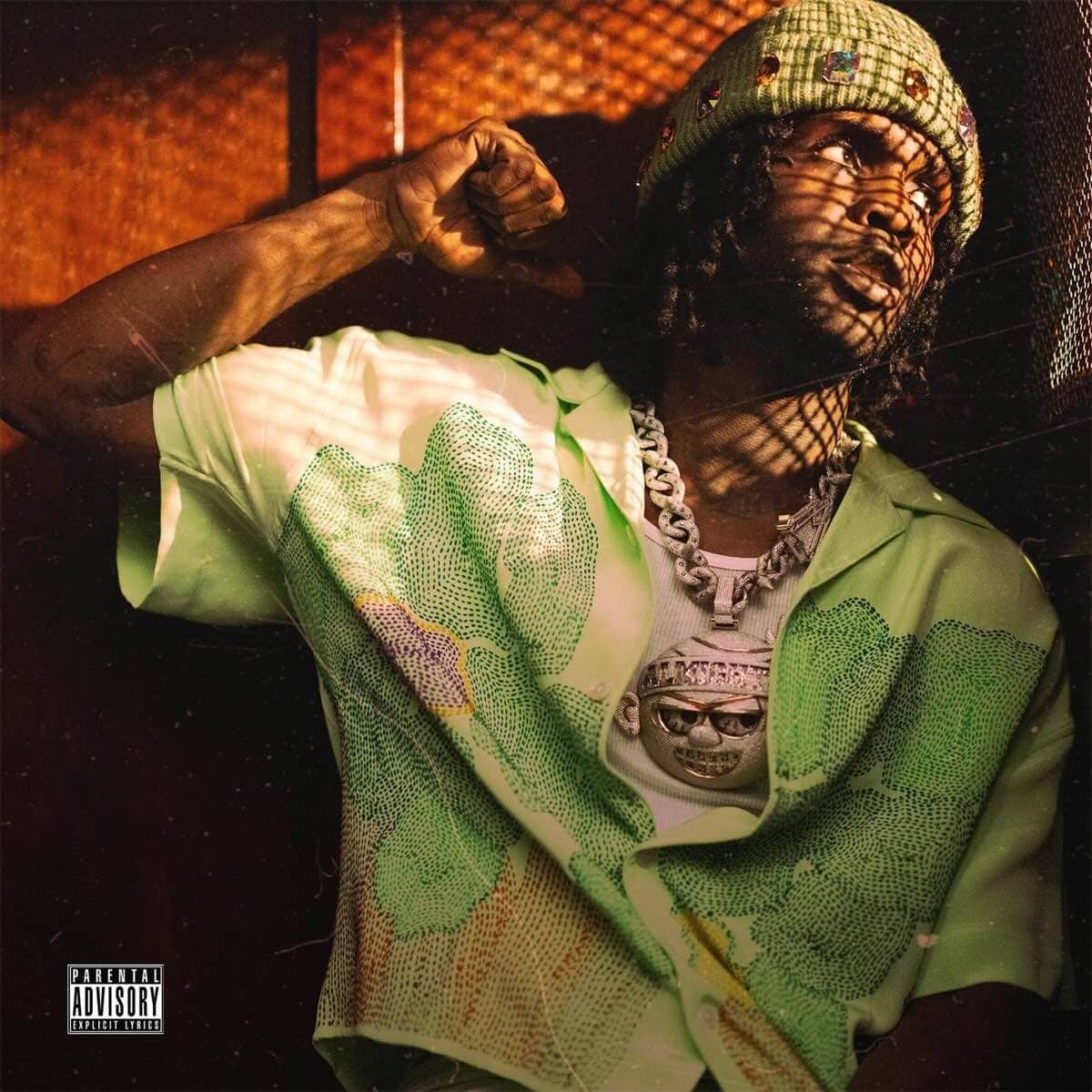
Chief Keef, Almighty So 2
“Don’t look up to Chief Sosa, look up to Jesus Christ,” Chief Keef fervently demands about a third of the way through Almighty So 2. This redirection of admiration from the Chicago drill legend is a poignant declaration, especially given how his fifth studio album unfolds like a resurrection narrative—the revival of a young talent from the depths of mixtape purgatory. Keef returns stronger and louder than ever with an unhinged, self-helmed spectacle that fully relishes in his avant-garde sensibilities as both a performer and producer. The album boasts bracing compositional extremes, where baroque professions of self-love (“Treat Myself”) and admissions of horniness (“Grape Trees”) coexist with 0-to-100 runaway heaters like “Never Fly Here” and “Neph Nem.” Almighty So 2 is larger than life yet retains the idiosyncrasies of a meticulously crafted opus. Paul Attard
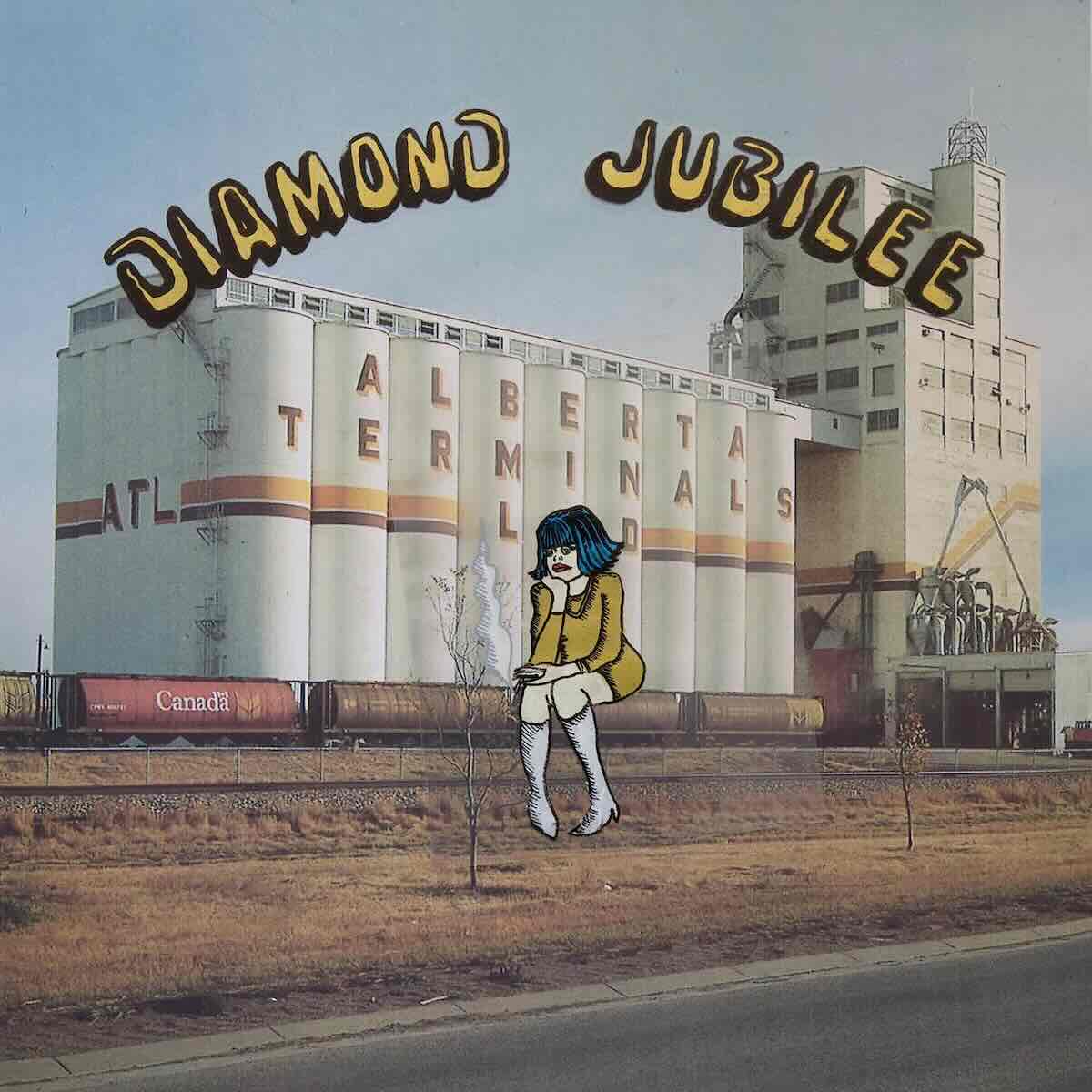
Cindy Lee, Diamond Jubilee
Diamond Jubilee is as staggeringly ambitious as it is aggressively reactionary—against 21st-century production values, prevailing genre preferences, and instant gratification. You can only listen to it on YouTube, or by downloading the files from a hilariously dated-looking Geocities page. But former Women singer-guitarist Patrick Flegel, working mostly alone as their drag-clad alter ego Cindy Lee, ensures the search is more than worth it. These 32 nostalgic, ethereal tracks of skeletal rhythms and haunting harmonies—hitting on girl group-style balladry, garage rock, synth-pop, and even some weird Gregorian chants for good measure—may have the fidelity of a rogue broadcast accidentally picked up over a transistor radio, but the songcraft is world-class. By stripping down what sounds like a parade of lost hits and ensuring that you have to actually put in a little effort to find it, Flegel has created something like the platonic ideal of what was once “underground.” Jeremy Winograd

A.G. Cook, Britpop
Characterized by heavy audio manipulation, cartoonishly catchy pop hooks, and gleefully artificial alter egos, the music released on A.G. Cook’s PC Music label openly embraced synthetic sounds and consumerist aesthetics. The title of Cook’s third album, Britpop, places these two movements in conversation with one another. The three-disc opus begins by looking backward. Ever the futurist, though, Cook’s version of “the past” still sounds pretty forward-minded throughout the album. For one, early tracks like “You Know Me” and “Prismatic” move at a breakneck pace, with glitchy synths and chopped-up vocals that feel designed to rattle even the most TikTok-addled brain. If Cook’s career is defined by one thing, it’s pushing the boundaries of the genre to their limits. With that in mind, Britpop is some kind of culmination of that effort, challenging the listener’s assumptions about what pop is, and offering an exciting glimpse of what it could be. Nick Seip

Billie Eilish, Hit Me Hard and Soft
With her exquisite third album, Billie Eilish further cements her status as alt-pop’s happy warrior, keeping one foot in the mainstream and another firmly outside of it. At just 10 tracks, Hit Me Hard and Soft is both Eilish’s most concise and most ambitious album to date. Vocally, she sounds looser than ever, venturing beyond the enigmatic whisper-singing she’s become known for. Throughout the album, Eilish and her main collaborator, brother Finneas, experiment with song structure and style, examining her celebrity and persona, in ways that are both playful and profound. Packed with multipart songs and self-referential lyrics that reward repeat listens, the album is a world unto itself—and the most fully realized version of Eilish’s sound. Seip
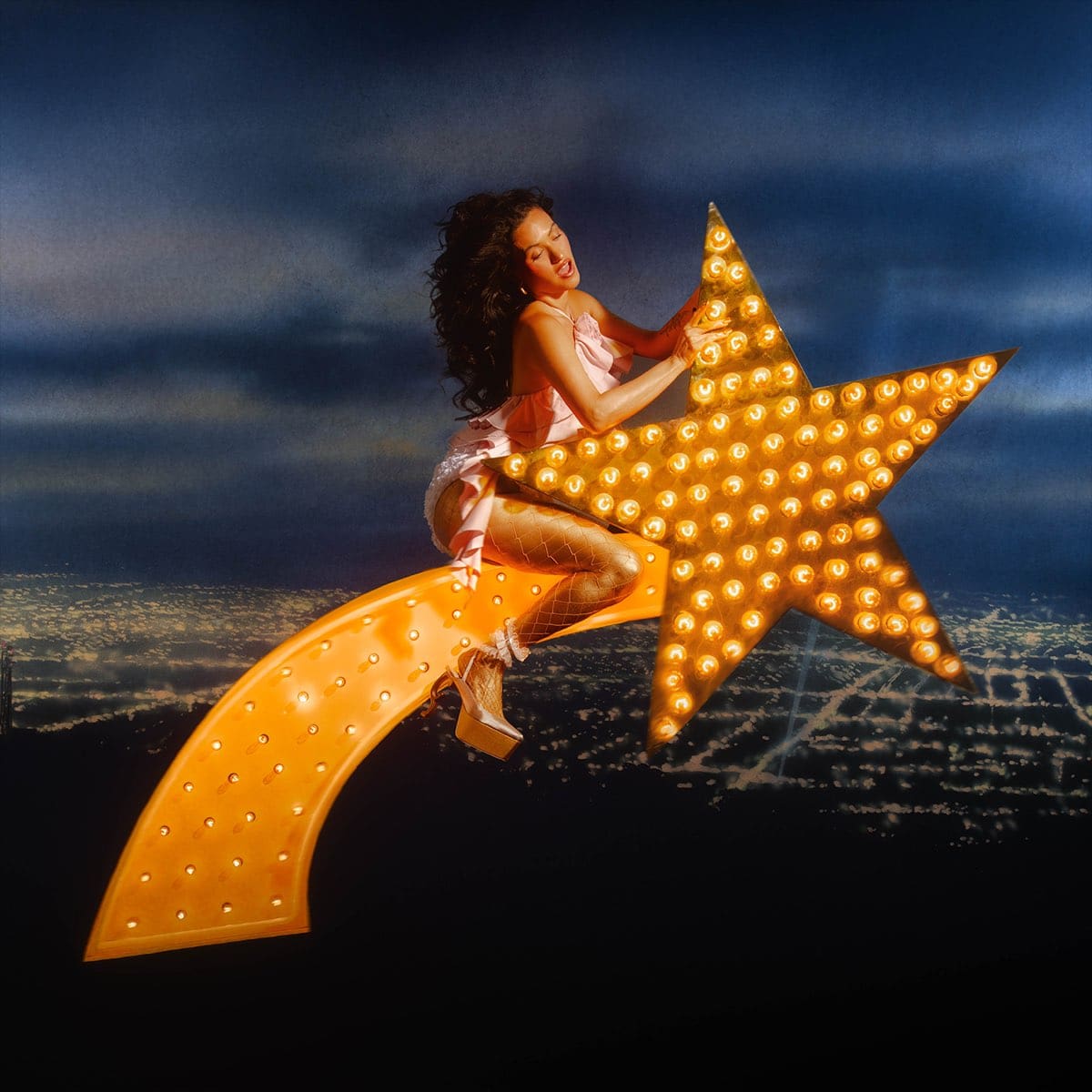
Empress Of, For Your Consideration
Empress Of’s For Your Consideration is a celebration of Lorely Rodriguez’s voice as both an artist and vocalist. The album’s title suggests Rodriguez’s hesitation about the self-marketing that celebrities are tasked with mastering, but she isn’t shy about putting her emotions at the forefront of these otherwise sonically ultra-processed tracks. Closer “What’s Love” frankly lays out the vulnerabilities of a relationship: “If love can’t make you, break you, shake you, then what’s love?” If past Of Empress songs like “When I’m with Him,” from 2018’s Us, presented Rodrigeuz as unhappy and alienated, like a character out of a Sally Rooney or Otessa Moshfegh novel, For Your Consideration is the sound of an artist living in the moment. Erickson

Beth Gibbons, Lives Outgrown
Beth Gibbons’s first official solo effort, Lives Outgrown, picks up where Portishead’s 2008 album, Third, left off, with detail-rich orchestral chamber pop backing a stunning exploration of aging and grief. The singer’s existential fears about time’s creep and holding onto once-vibrant emotions and connections is as captivating as it is devastating. Across the album’s 10 songs, Gibbons swims against life’s currents. Musically and thematically, she actively resists the dulling of sensation that, she suggests, comes with age: “I used to feel the feelings,” she sings on the unsettling “Burden of Life.” Lives Outgrown presents an artist whose capabilities have been sharply honed, with the skill to convey all of life’s complicated, thorny emotions. Lyons-Burt
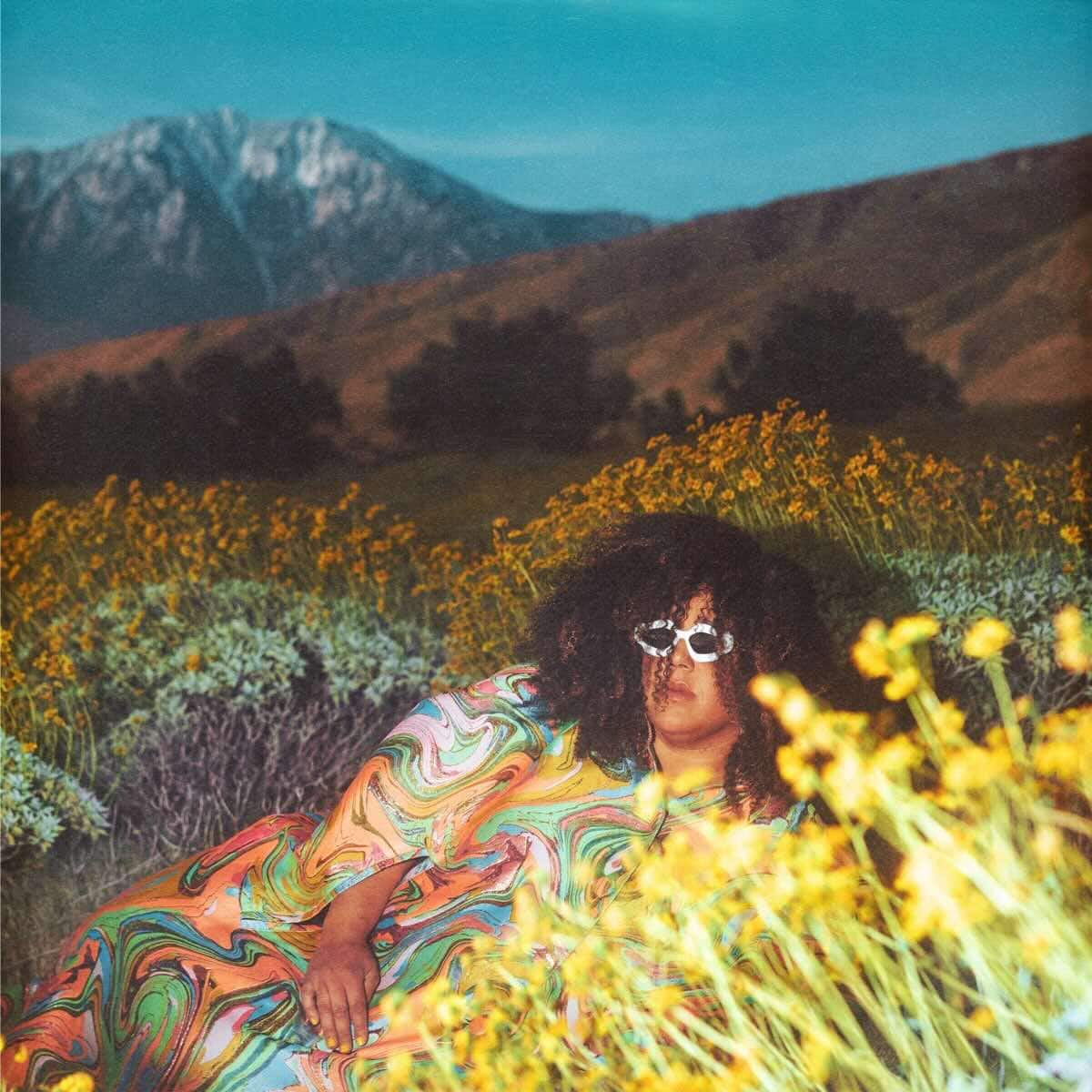
Brittany Howard, What Now
Brittany Howard’s career has been one of ever-expanding sonic exploration, from the nakedly retro rock ‘n’ soul of the Alabama Shakes’s Boys & Girls to the gleeful eclecticism of her solo debut, Jaime. Howard’s sophomore effort, What Now, finds her once again stylistically untethered, exploring funk-rock, psychedelia, techno, soft jazz, new age, and more. And even in the album’s relatively lesser moments, Howard’s voice is a marvel. The singer’s multi-tracked harmonies on “Earth Signs” and the too-short “To Be Still” are remarkable, layered together into an ecstatic one-woman choir that showcases her astounding vocal range. Sonically, What Now is a triumph, a delicately textured musical realm that begs to be luxuriated in. Winograd
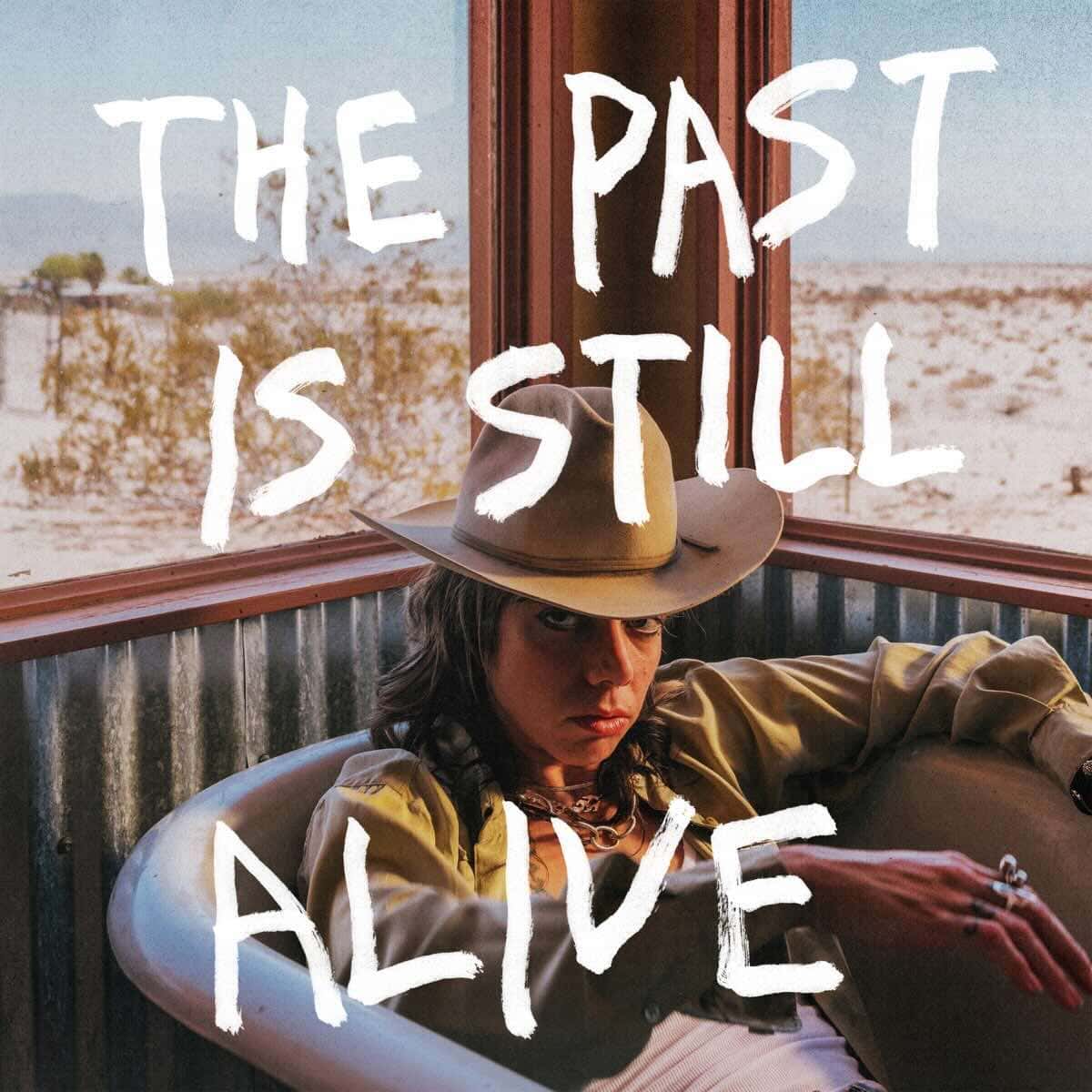
Hurray for the Riff Raff, The Past Is Still Alive
“Alibi,” the opening track of Hurray for the Riff Raff’s The Past Is Still Alive, embraces the sense of invincibility that comes from facing down the very worst that life can throw at you. “You don’t have to die if you don’t wanna die/You can take it all back in the nick of time,” Alynda Segarra sings. The arrangement, featuring organ and bursts of tambourine, imbues the song with a sense of resilience and liberation—a relentlessly forward-moving spirit that recalls the music of Lucinda Williams, Gillian Welch, and Waxahatchee. The rest of The Past Is Still Alive is likewise informed by recollections of both a friend’s addiction and the passing of Segarra’s father, charting a determined, if sometimes uneasy, journey to make peace with uncomfortable truths. Williams
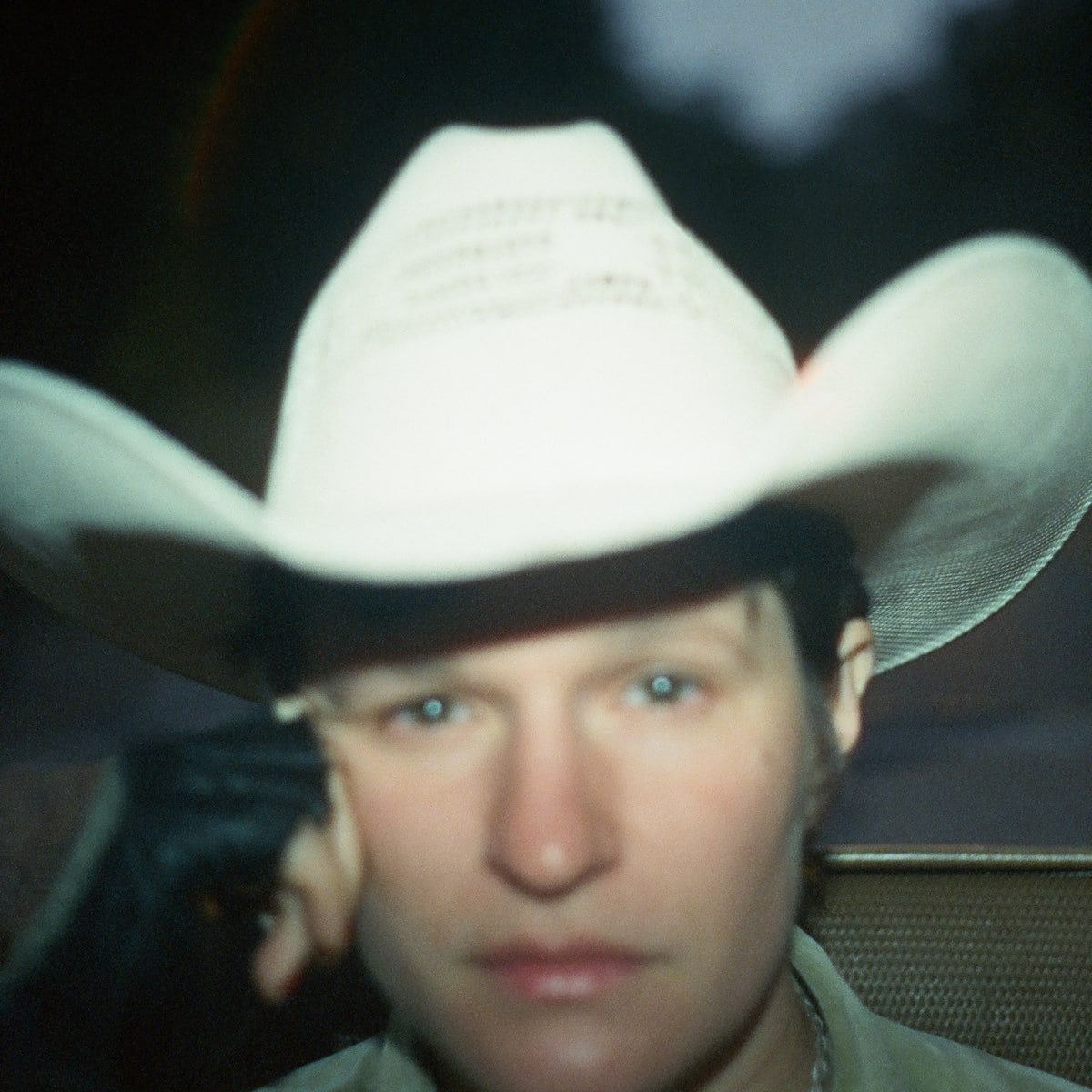
Adrianne Lenker, Bright Future
Recorded in a secluded studio in the woods, Adrianne Lenker’s Bright Future feels stunningly natural, with a bucolic sense of quiet and serenity. Musically, the singer-songwriter is accompanied by acoustic guitar, piano, violin, and only occasionally anything else. Using an analog approach, the album crackles and hisses with all the warm imperfections of live instrumentation. So consistent is the album’s stripped-back production that tiny features become major traits. The plucky guitars on “Fool” fill out the low end as Lenker implores an uncertain lover to make up their mind, while a sustained violin note on “No Machine” creates a tense atmosphere that transforms the lyric “Don’t know what I’d do without you” from an expression of dedication into one of lost direction. With Bright Future, Lenker stands on the confidence of her talent, complemented by production choices that neither distract nor detract from the emotion of her songwriting. Seip

Mannequin Pussy, I Got Heaven
I Got Heaven isn’t so much a reinvention as it is a reinvigoration—a doubling down on all of the things that make Mannequin Pussy one of the most electrifying rock bands working right now. The album feels at once spontaneous and meticulous, no doubt owing to the collaborative writing process and the steady hand of producer John Congleton. For the way they mix elements of hardcore, shoegaze, and power pop across their music, Mannequin Pussy have long defied strict categorization. And reflective of the band’s penchant for blurring genres, the new album remains fiercely focused on its singular theme of freedom. Through a balance of firebrand punk and intoxicating power pop, I Got Heaven is a musical expression of self-governance and all the pain and pleasure that comes with it. Seip

MIKE & Tony Seltzer, Pinball
Known for his brand of effortlessly smooth stoner-introspection set to hazy lo-fi beats, Brooklyn-based MC MIKE kicks back, talks some shit, and counts his successes on Pinball with the help of whizkid Tony Seltzer and his hi-hat-heavy, chromatic production. Clocking in at just over 20 minutes, the album offers breezy, clean fun from an unexpected source, but its brevity shouldn’t be mistaken for insignificance. Plenty of delights abound, notably the seismic “Yin-Yang” and snappy “100 Gecs,” but the wry “On God,” which finds Earl Sweatshirt delivering one of the year’s catchiest hooks with a callback to “XO Tour Life” (“I feel like Uzi Vert, all my friends in the dirt”), best captures the project’s termite-art essence. Attard
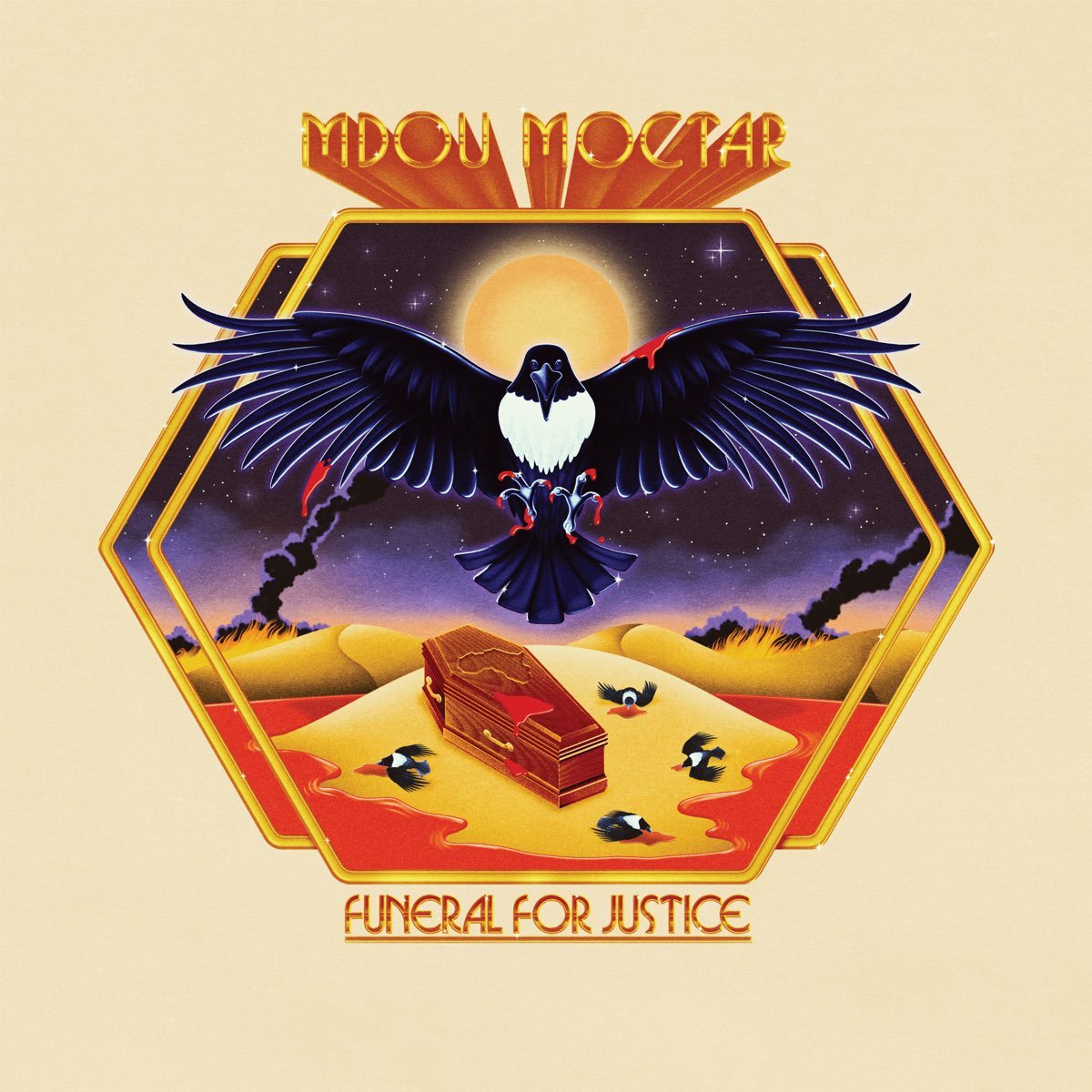
Mdou Moctar, Funeral for Justice
The only news most Westerners have heard out of Niger recently was of a 2023 military coup—and some may have only heard about it because of the GoFundMe campaign that Mdou Moctar launched when the conflict prevented the artist and his band from returning home from a U.S. tour. Far fewer are likely aware of the country’s years of imperialist exploitation, primarily for its natural supply of uranium. On the blistering anti-colonial jeremiad Funeral for Justice, Moctar attempts to rectify that. “Dear African leaders…Occupiers are carving up your lands/Gallantly marching all over your resources,” he pleads in his native Tamasheq on the explosive title track. Those who don’t understand the lyrics may get the point via a more universal language: unholy guitar shredding. On “Imouhar,” a plea to the Tuareg people to keep its language from dying out, Moctar unleashes a torrential solo as worthy of eternal preservation as any words ever spoken. Winograd
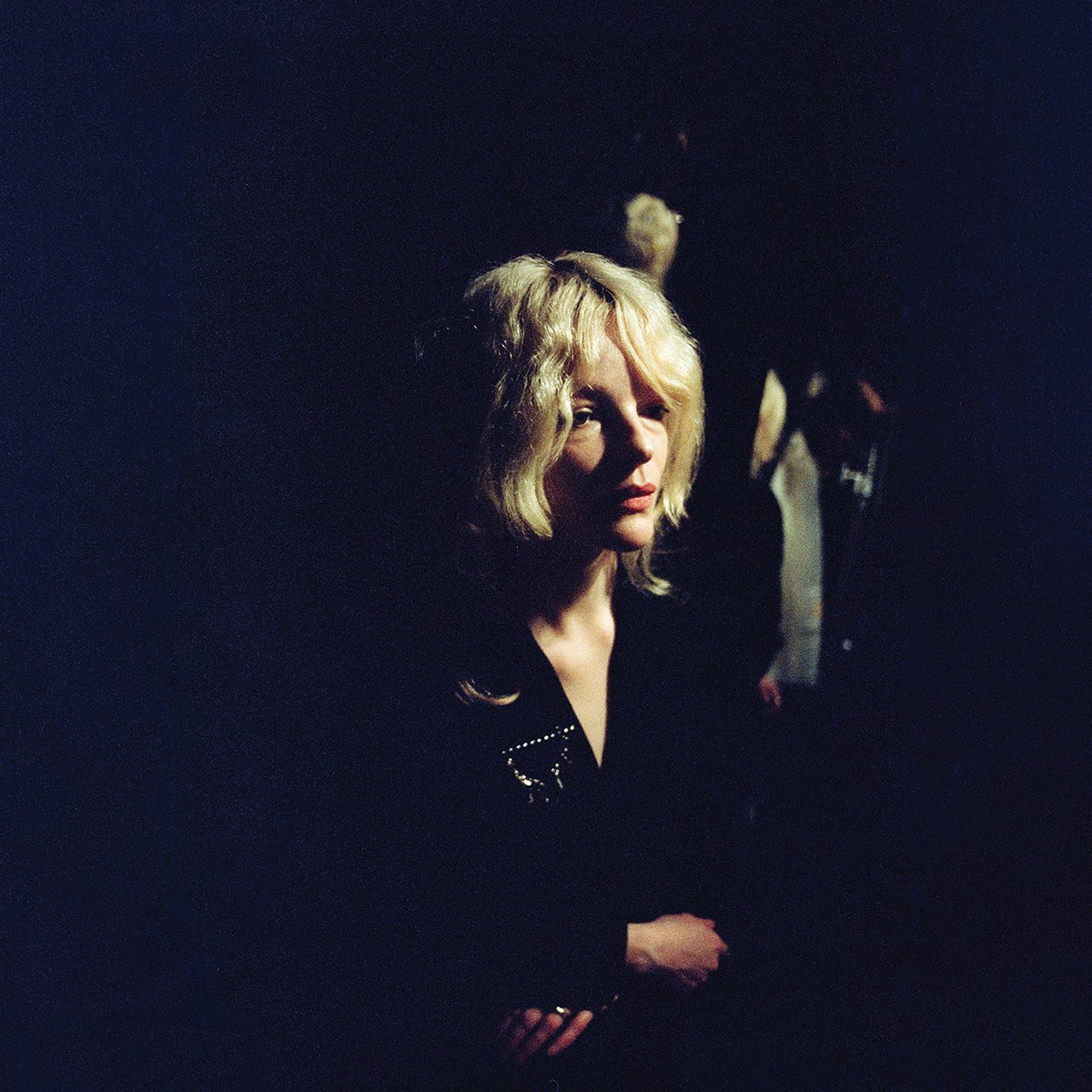
Jessica Pratt, Here in the Pitch
Jessica Pratt’s hypnagogic pop feels like it emerged from a 1960s time capsule. Inspired by the height of the hippie era in California, the singer-songwriter’s fourth studio album, Here in the Pitch, is a fuzzy, nostalgic collection that’s effortlessly melodic, but its nine songs feel timeless rather than dated. Pratt’s lyrics, which are rich, poetic, and confessional, speak to universal fears and desires that transcend time and place. On “World on a String,” she lays bare her ambition: “I want to be the sunlight of the century/I want to be a vestige of our senses free.” And with Here in the Pitch, she more than delivers. Williams
Schoolboy Q, Blue Lips
On Blue Lips, Schoolboy Q’s first album since 2019’s Crash Talk, there’s a sense that the Los Angeles rapper is trying to make up for lost time. He exudes an assured confidence throughout that makes it feel like he has something to prove. He’s able to whip up an endless amount of versatile and oddball flows, and does so with an equally fresh and flippant demeanor. Schoolboy delivers each word on tracks like the dark, trippy, and preposterous “Pop” with a tossed-off precision that’s both laser-focused to fit the track’s rhyme scheme and casual in its cadence. Blue Lips epitomizes what a return to form should strive for: to serve as a reminder of past greatness, yes, but to also be a bold departure from what’s come before, embracing risks and pushing boundaries, even if it occasionally teeters on the edge of excess. Attard
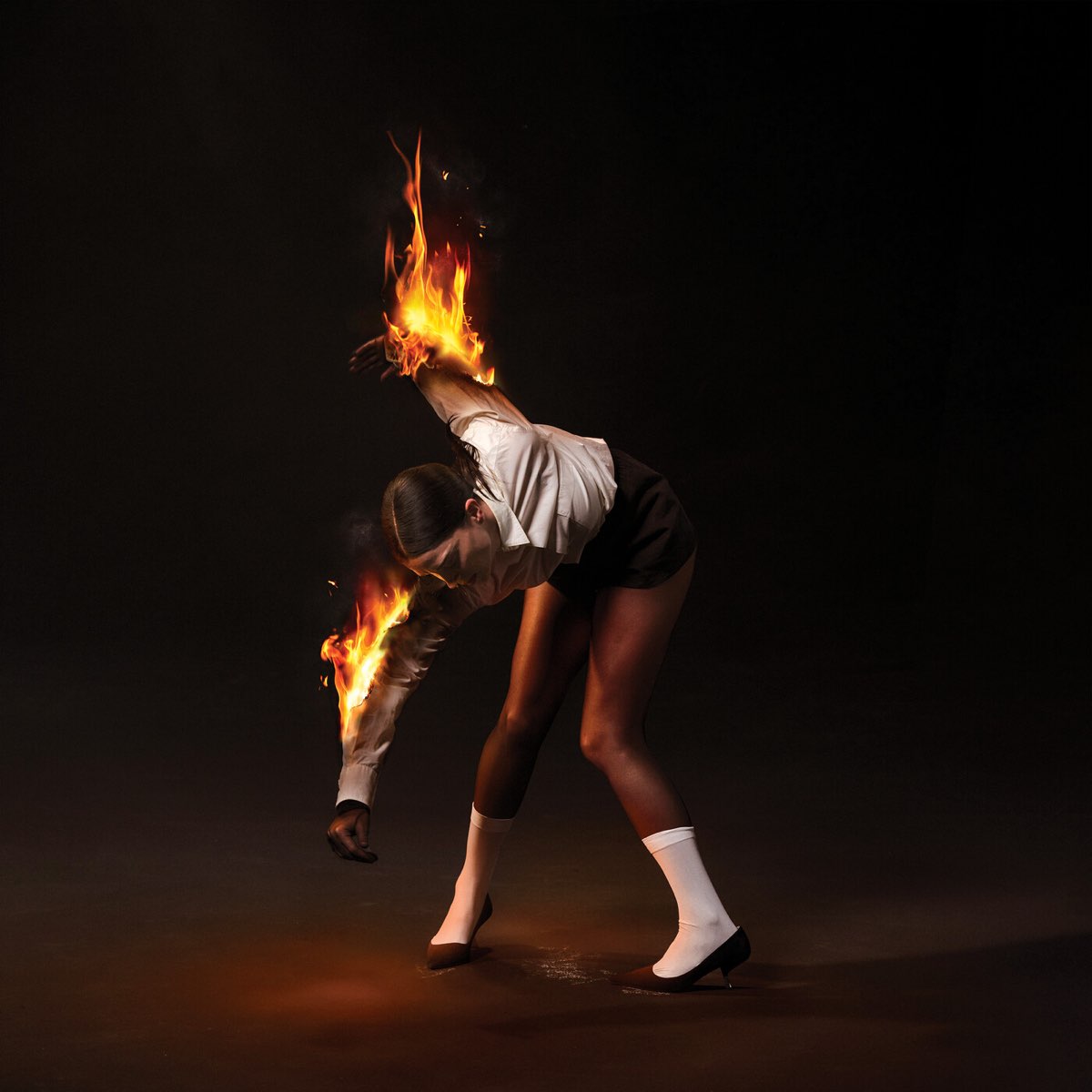
St. Vincent, All Born Screaming
Annie Clark’s seventh solo album finds the musician at her most fragile and ferocious, seeking beauty among the waste and wreckage of 21st-century life. Itself a beautifully ugly thing, All Born Screaming is a visceral examination of art and nature when both are pushed to the brink. Clark longs for a safe space, contextualizing the plight of the artist within the plight of the planet. “She isn’t smiling, but she’s happy you’re here, we’ll make a killing from her trauma,” the singer declares on the reggae-infused “So Many Planets.” The closest the album gets to answering the existential questions it poses is on “Sweetest Fruit,” which opens with a tribute to late electronic artist Sophie, who fell to her death from a rooftop in 2021 while trying to get a better look at the moon. “The sweetest fruit is on the limb,” Clark answers. Whether we make it or not, she seems to suggest, the beauty is in the reach. Seip
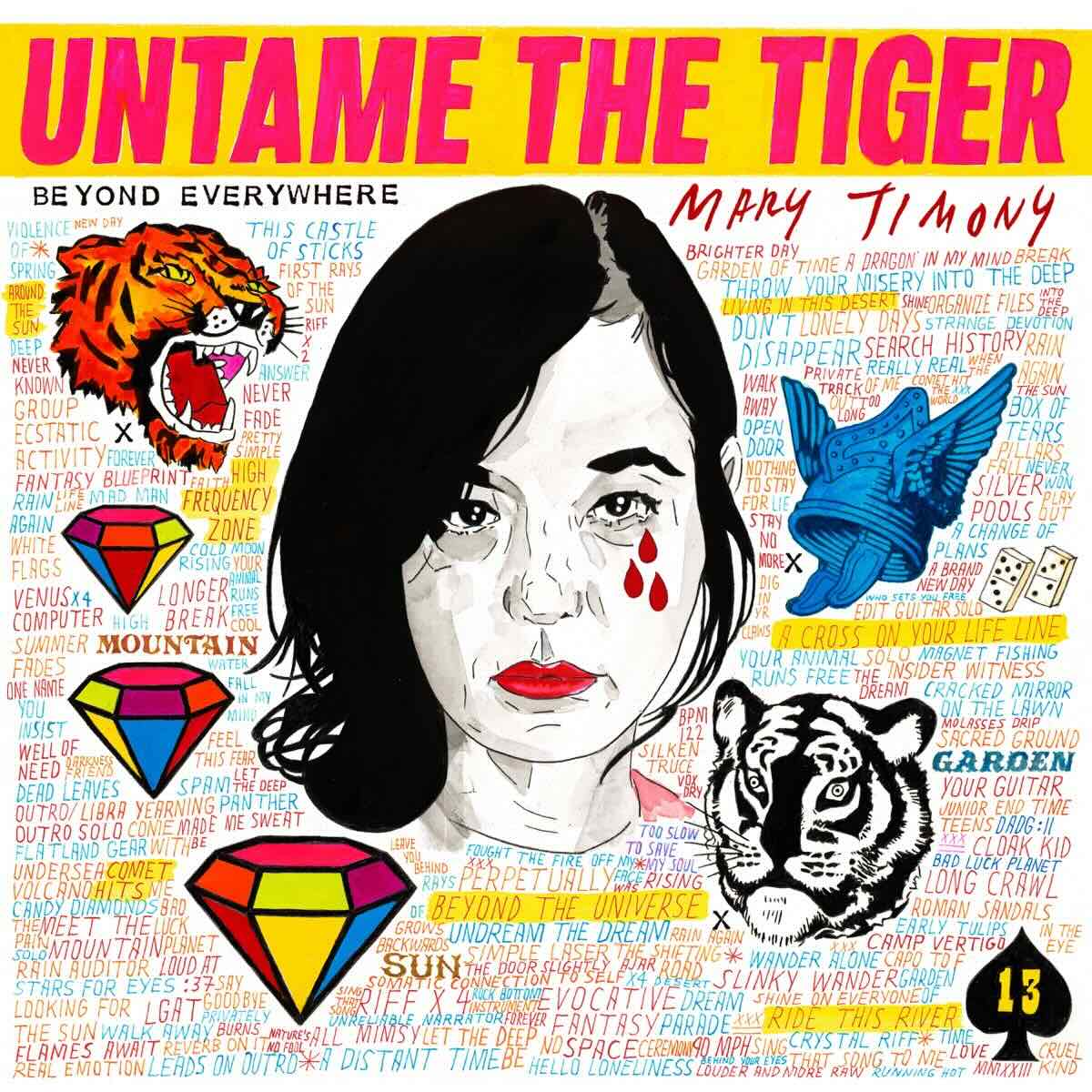
Mary Timony, Untame the Tiger
Mary Timony doesn’t mythologize her experiences the way so many musicians, especially male ones, do. With Untame the Tiger, her fifth solo album, she’s left behind the world of magical animals and imaginary beings she once used to sing about, but her melodies and arrangements retain a touch of the timeless and otherworldly. A key lyric from the song “Dominoes”—“You really can’t love without letting go”—may be the album’s credo, but Timony’s eloquence as a musician makes the depth of feeling behind that line recognizable even without words. Erickson
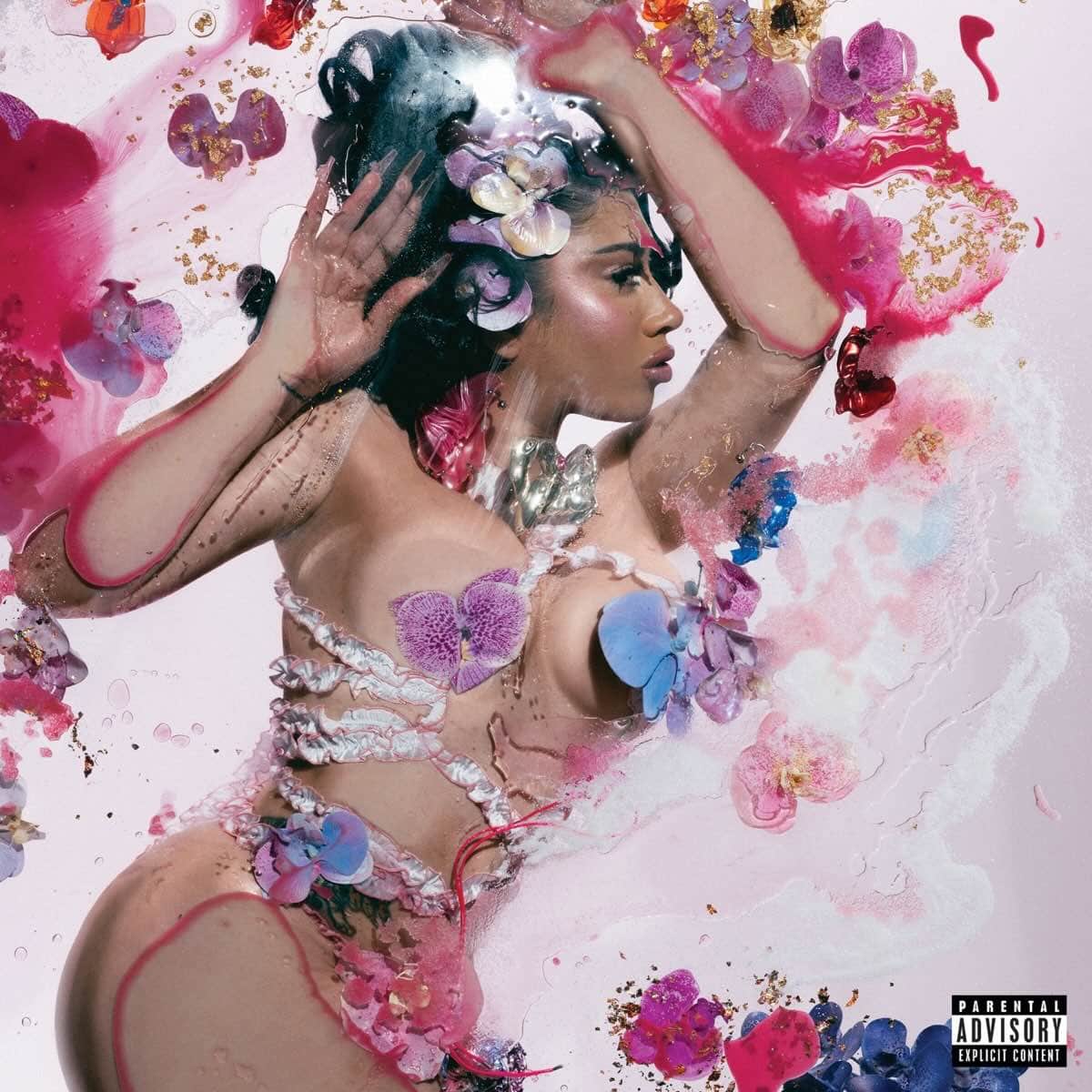
Kali Uchis, Orquídeas
Kali Uchis’s Orquídeas is a bold, prismatic display of the Colombian-American artist’s enviably confident persona and prowess as a hooksmith. Throughout the album, Uchis is as likely to declare her undying affection as she is to threaten to dog-walk her haters, building on her brand of disaffected bilingual balladry with a newfound sense of irreverence. Exquisite love songs like “Tu Corazón Es Mío” soar alongside reggaeton bangers like the eye-popping, beat-switching “Muñekita,” with each of the album’s 14 tracks offering tastes of luxurious grandeur and humor—all in service of intoxicating replay value. On closing track “Dame Beso // Muévete,” Uchis takes a victory lap, breaking out in an unexpected and invigorating merengue jam that stands for the lasting legacy of Latin music. Eric Mason

Vampire Weekend, Only God Was Above Us
Vampire Weekend’s first album in five years and their first with (most of) their original lineup in more than a decade, Only God Was Above Us doesn’t tell us a whole lot about the interior lives of Koenig, bassist Chris Baio, or drummer Chris Tomson. What it lacks in confessionals, though, it makes up for with a sharp conceit: a Cold War allegory about romance, contrasting references to conflict in Eastern Europe and Russia with domestic issues and memories. In mounting this framework, Koenig also subtextually gets at a cannier truth: Experiences are messy in the moment but, in retrospect, can be neatly packaged into legible, consumable histories. “Sifting through centuries/For moments of your own,” he sings on “Capricorn.” This results in Vampire Weekend’s most thematically cogent work, if also its loosest sonically. Lyons-Burt
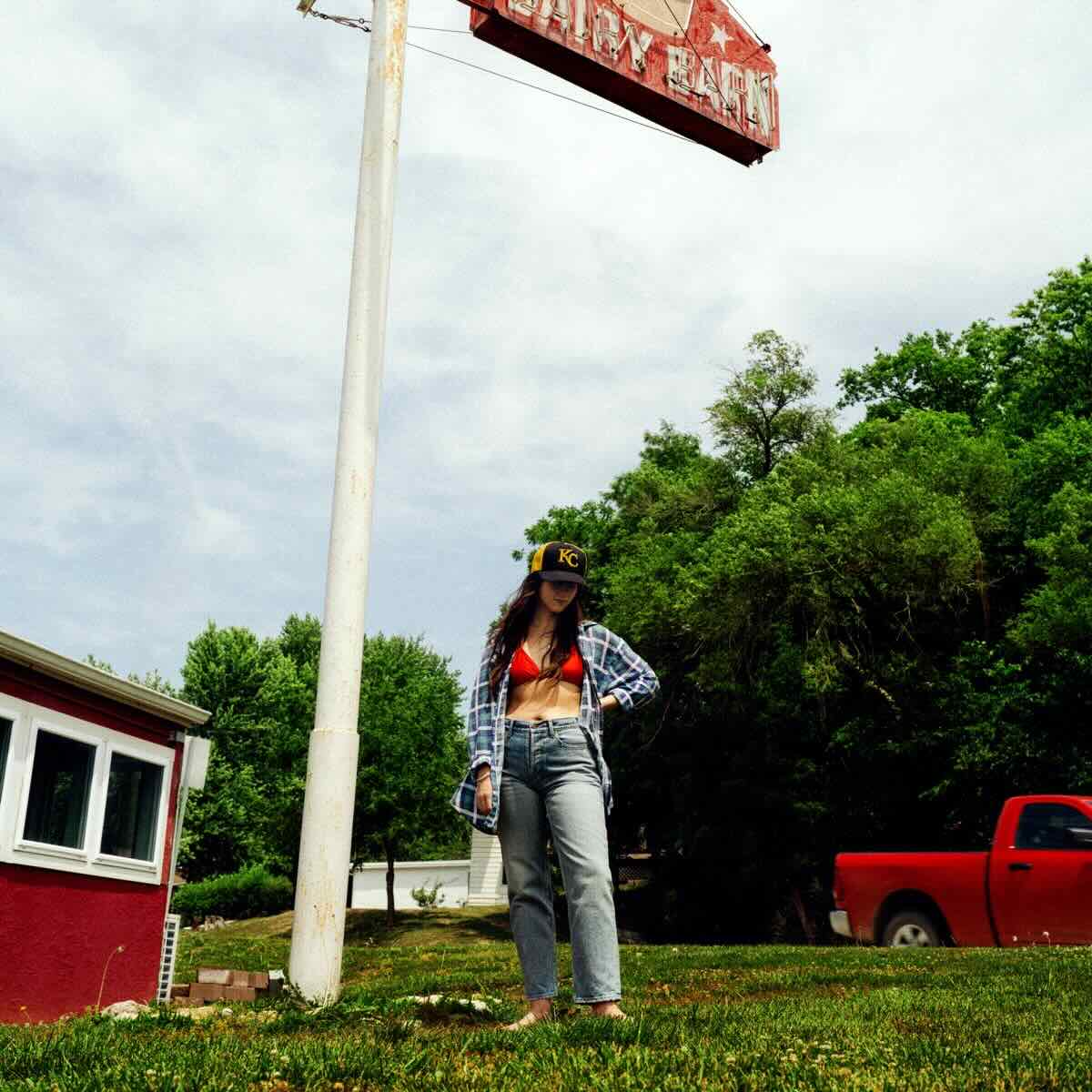
Waxahatchee, Tigers Blood
What’s perhaps most striking about Katie Crutchfield’s music is that it dares to wrestle with honest depictions of its milieu. Tigers Blood is reflective without being overly sentimental. She pushes beyond idyllic small-town imagery, exploring the recklessness of youth and the privilege that comes with it: “Drank someone else’s juice and left only the rind,” she sings on the title track. There’s a kind of covert theatrical structure to Crutchfield’s music that nonetheless comes off as homespun and naturalistic. On “Lone Star Lake,” the guitars stick to a circular, constrained riff as the banjo prattles on, allowing the melodies to sneakily mount and have unexpected impact. Tigers Blood takes Waxahatchee from a tight close-up to a sweeping landscape view, filling the canvas completely. Lyons-Burt
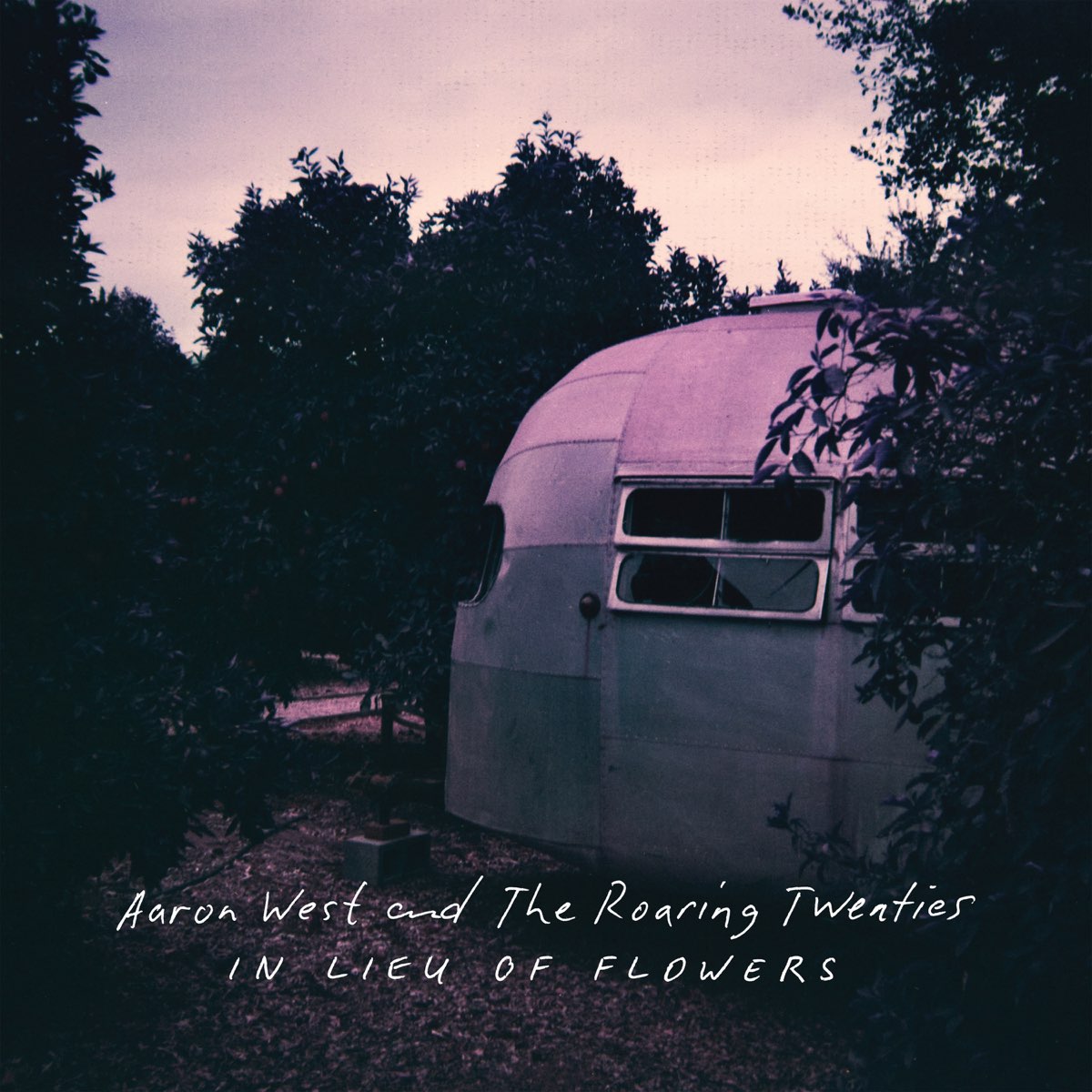
Aaron West and the Roaring Twenties, In Lieu of Flowers
Traversing themes of alcoholism, grief, estrangement, and nihilism via thumping alt-rock and emo arrangements, Aaron West, the world-weary alter ego of the Wonder Years’s Dan Campbell, achieves maximal catharsis on In Lieu of Flowers. Emo rock for the end of the world, the album contrasts crippling worries stemming from the Covid pandemic and our apocalyptic geo-political landscape with everyday mundanities like a bad cup of coffee. But In Lieu of Flowers isn’t a total bummer; it’s often darkly comical and reliably finds its way back to hope and the eternal promise of recovery. The title track is a call to arms with a single demand: “In lieu of flowers, shake the dirt off/I’m with you ’til the bitter end.” It’s the sound of one troubled soul reaching out to another, promising we’ll all get through this one way or another. Williams
Since 2001, we've brought you uncompromising, candid takes on the world of film, music, television, video games, theater, and more. Independently owned and operated publications like Slant have been hit hard in recent years, but we’re committed to keeping our content free and accessible—meaning no paywalls or fees.
If you like what we do, please consider subscribing to our Patreon or making a donation.



